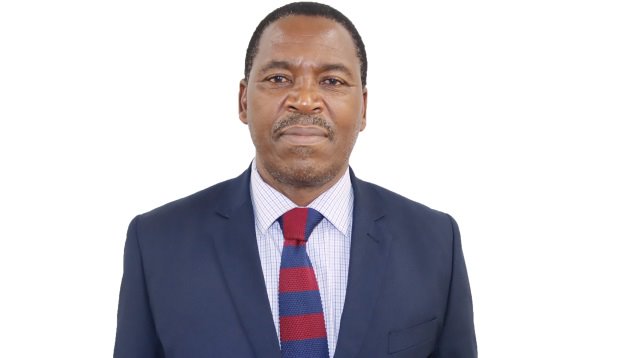Seithati Motsoeneng
THE parliamentary Social Cluster Committee Chairperson, Mokhothu Makhalanyane, has urged the ministry of health to formulate a clearly defined approach to guide the formulation of the annual health budget to achieve better health outcomes.
He made the call during the Non-Communicable Disease and Injuries (NCDI) coordination meeting held at Lancer’s Inn, Maseru, yesterday.
Mr Makhalanyane emphasized that a well-defined strategic framework would provide the ministry with a sustainable funding mechanism.
“We need a policy direction based on a thorough situational analysis that addresses the prevailing health challenges,” Mr Makhalnyane said.
He also said the goal is not to jump from one initiative to another, but to identify root causes and address the problems at hand.
Highlighting current budget allocations, Mr Makhalanyane said approximately 13% of the country’s annual budget is dedicated to health services, stressing that there is need for increased investment to ensure the sustainability and effectiveness of health programmes.
A targeted approach integrating budgets for key health issues such as HIV and tuberculosis (TB) is essential, with an estimated 15% of the budget allocated to these areas to maximise impact.
“One of the key challenges facing health programmes is ensuring that funding supports critical interventions. These investments are vital to ensuring essential services are adequately funded and to protect citizens during crises.”
He referenced recent regional meetings, including the Pan-African Health Summit, which highlighted progress in combating HIV, with treatment support reaching 3%. TB control efforts have also achieved near 100% coverage, excluding second-line drug resistance cases such as multi-drug resistant (MDR) TB.
“However, despite these successes, weaknesses remain in programme support mechanisms, particularly in areas like viral load testing and the availability of trained personnel.”
He said fluctuations in funding, changes in programme names and shifting priorities create instability that hampers long-term planning and service delivery.
“The government must take full responsibility by prioritising domestic funding and strategic planning to safeguard health programmes from external uncertainties.
“Strategic planning and policy formulation are crucial,” he stressed, appealing to the ministry to develop a framework that supports annual budget increases.
He added, “For example, in upcoming budget debates, focus should be on tangible strategies and instruments that justify increased allocations, aiming to surpass the 15% threshold and ensure that health investments lead to real improvements in people’s lives”.
Mr Makhalanyane further highlighted the link between health and economic growth.
“Without a healthy population, the economy cannot thrive, and critical workforce segments are at risk from non-communicable diseases. Health must remain a priority across all sectors, with government leadership ensuring that budgets are protected and efficiently utilised.”
He stressed that the future of national health depends on strategic planning, increased domestic investment, and resilient mechanisms to support critical interventions.
By taking control of health financing and programme implementation, Lesotho can better prepare for challenges, reduce dependency on foreign aid, and secure a healthier future for generations to come.
“It is time for Lesotho to reduce reliance on foreign aid and focus on financing core health sector activities. By doing so, we would have safeguarded the country from potential collapse,” Mr Makhalanyane said.


